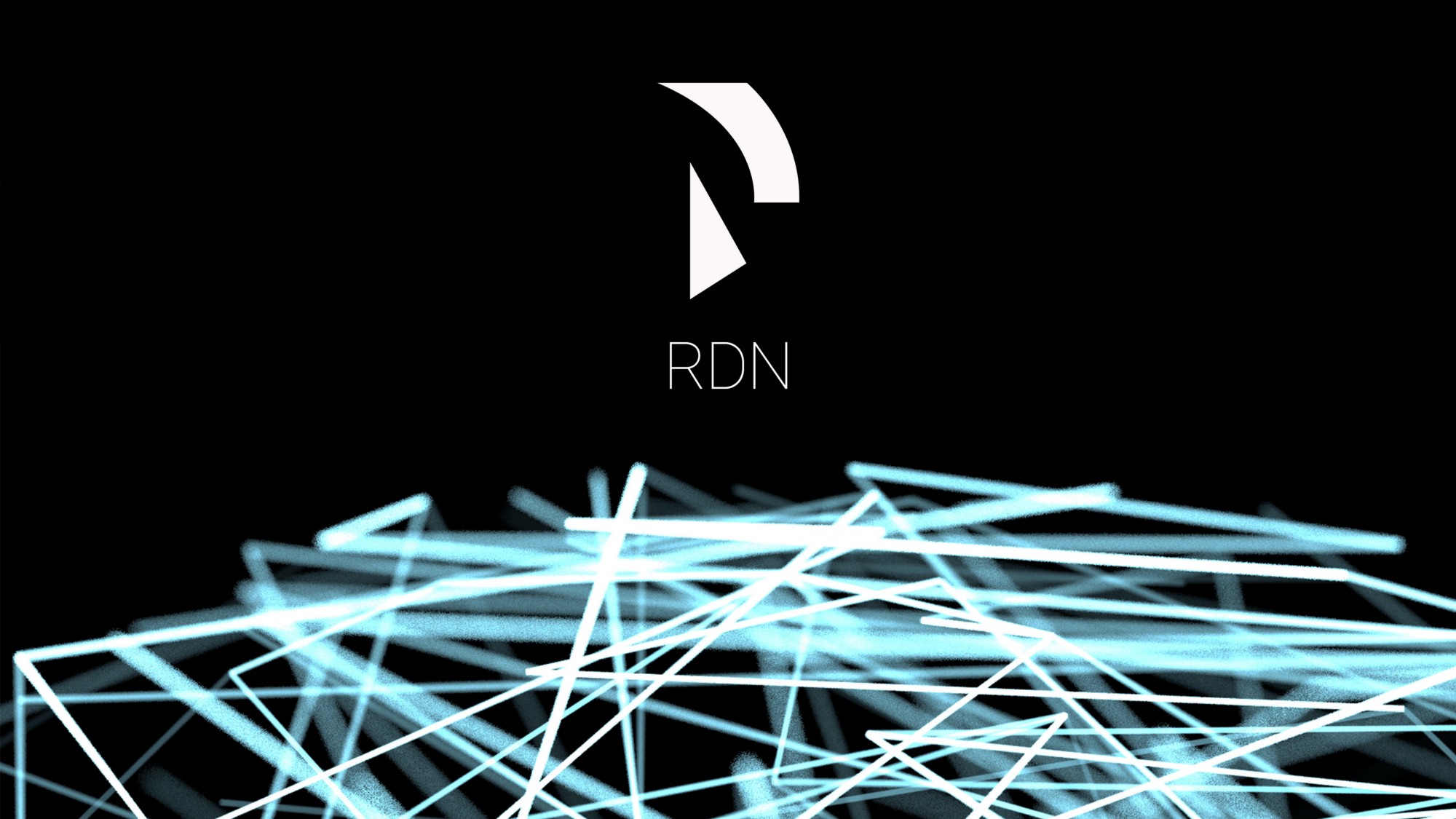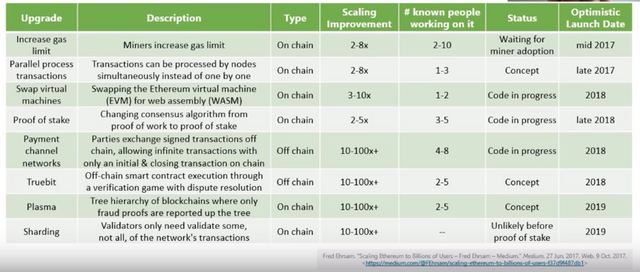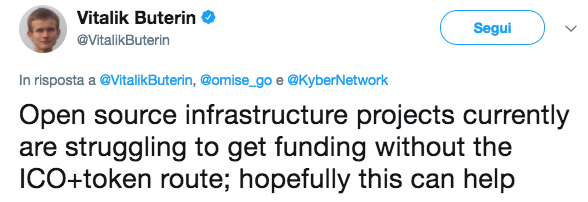Halo haloooo!
Welcome to Dispatch #2; in the first article of this series I talked about one of my favourite currencies: WeTrust ($TRST).
This second article will be devolved to another of my favourite picks: Raiden Network ($RDN). A relatively unmarketed project with massive potential in the blockchain ecosystem.
I will clarify the scope and the objectives of the project, as well as laying out the features, limitations and use cases.

WHAT IS RDN? WHAT’S THE USE CASE?
We all know that blockchains are great and amazing. But they are still limited. Scalability is one of the biggest problems for the actual architecture of blockchains. With the increased usage, transfer have become more and more expensive and slow. As of now, the Ethereum network is only able to process around 15 transactions per second, a pale number, compared to the over 40,000 that VISA processes. Finding a solution to the current scalability problem is among the key challenges to facilitate widespread adoption of blockchains and make them fungible. But don’t worry, Raiden is here to help you.
The Raiden Network is a (work-in-progress) scaling solution that will enable instant, low fee and scalable payments, complementary – but not restricted – to the Ethereum blockchain. It is basically the Ethereum version of the Lighting Network for Bitcoin, a payment network build on top of Ethereum blockchain. It allows trustless, off-chain transactions.
OFF-CHAIN? WHAT?
Yes, you read it right. Off-chain.
This means that transactions happen in channels. Only settlements are broadcasted on the blockchain, and not each individual transactions.
The easiest example is to imagine yourself going to a bar and order something to drink:
You do not pay immediately after the first drink, because you know that you’re probably going to drink more (you alcoholic!). Therefore, the balances are only settled (and broadcasted to the blockchain) when you ask for the final bill and pay!
This frees users from having to broadcast every single transaction and also diminished the burden and weight of transactions for the blockchain itself.
KEY FEATURES OF THE NETWORK:
Scalability: tt scales up with number of participants, the more people join, the more efficient it becomes. Channels can connect to other channels and so on, creating a network.
Speed: transfers are confirmed within a fraction of a second, thus solving the latency problem of the Ethereum network.
Privacy: right now, all of the transactions happening on the blockchain are communicated to every node of the network. Everyone knows what everyone does. While this being an advantage in terms of accountability and transparency, it is also a limit for many businesses. In fact, some of them cannot conduct business on a blockchain because it goes against the privacy regulations. Not all information can be shared publicly.
Instead, on the Raiden Network single transfers don’t show up in the global shared ledger: only settlements are visible.Interoperable: operates with every ERC20 token.
Low Fees: lower fees than blockchain.
Micro-payments: the low transactions allow tiny values to be transferred.
LIMITATIONS
The Raiden Network is not suitable to large transfers, due to the extra cost of opening and managing channels. In fact, RDN need to be locked up, in order to open a payment channel.
WHY IS IT SO?
Similar to how the POS – Casper protocol works in Ethereum, the locked token act as an insurance agains anyone trying to cheat the network. If someone wants to attack or disturb the network, the cost of doing so would surely override their benefits or gains. Furthermore, users have the chance of gaining interests on the tokens locked up, in the forms of fees for the node being used by the other participants.
WHAT ARE THE USE CASES?
By having much lower fees than normal blockchains, the Raiden Network allows new types of business that were simply impossible to be conducted on the blockchain, due to high fees and unrealistic timeframes. The main use cases for the Raiden network are those where repeated payments are made on a frequent basis. The natural use cases are retail payments, peer-to-peer cash transfers, micropayments and payments for premium content. Another important use case is that of the Internet of Things or pay-as-you-go items.
The Raiden project has been under development since 2015, thus having more than two years of advantage on similar projects. The project is open for innovation and contribution by third party developers is not only allowed but also encouraged. It really has a massive first-to-market advantage. Also, there is no need to develop similar projects, as developers can simply contribute and improve the Raiden Network. Scaling up Ethereum and implementing the vary Casper, Zsnarks, POS etc. will be a very long process, taking years. Raiden represent an immediately solution that can improve the network. The better Ethereum works the better it is for Raiden.
Other scaling solutions proposed for the Ethereum network are:

THE RDN TOKEN

The choice of doing an ICO and having a specific token was heavily criticized by users. However, as Vitalik Buterin has pointed out..

In the long term, the choice of having a token ensure them stable and guaranteed funding to pay for developments without relying on third parties. Furthermore, the RDN token has an instrumental use on the platform.
In fact, tokens will be used to pay and receive fees that will allow the network to function. Not everyone will run a full node and users that do so have to have certain types of incentives.
The total supply or RDN tokens is a fixed quantity of 100m.
CONCLUSION:
The Raiden Network is really one of the few projects out there that really has a huge adoption potential. Once operational, it could easily manage billion of dollars worth of daily transactions. This token has a really *strong use case *so I personally advice you to research it and if you’re looking for long-term gains, make sure to get some.
May the blockchain be with you!
Congratulations @criptoblog! You have received a personal award!
Click on the badge to view your Board of Honor.
Downvoting a post can decrease pending rewards and make it less visible. Common reasons:
Submit
Congratulations @criptoblog! You received a personal award!
You can view your badges on your Steem Board and compare to others on the Steem Ranking
Vote for @Steemitboard as a witness to get one more award and increased upvotes!
Downvoting a post can decrease pending rewards and make it less visible. Common reasons:
Submit